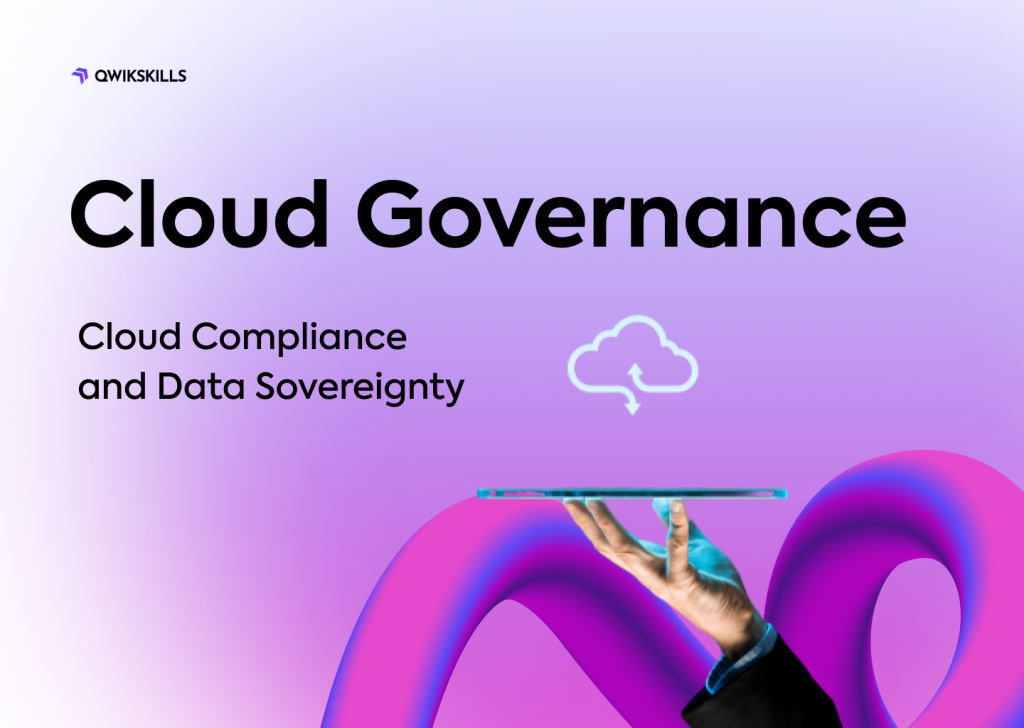The field of cloud engineering is constantly evolving, and the skills required to be successful in this role are also changing. As we move into 2023, here are the top 10 skills that every cloud engineer should focus on developing.
Cloud Architecture and Design: A cloud engineer should have a solid understanding of cloud architecture, including the different types of clouds (public, private, and hybrid), the different cloud platforms (AWS, Azure, Google Cloud), and the various components involved (compute, storage, network). Additionally, the ability to design and implement scalable, secure, and highly available cloud solutions is essential.
Automation and Scripting: Automation and scripting skills are critical for cloud engineers, as they allow you to automate repetitive tasks and manage large scale deployments efficiently. This includes proficiency in scripting languages such as Python, Ruby, and PowerShell, as well as knowledge of automation tools such as Ansible and Terraform.
Containerization and Kubernetes: The use of containers has become increasingly prevalent in cloud computing, and cloud engineers should be familiar with containerization technologies like Docker and the Kubernetes container orchestration platform. This includes understanding how to manage containers, deploy applications in a containerized environment, and troubleshoot issues.
Networking: A cloud engineer should have a good understanding of networking concepts, including IP addressing, subnetting, routing, and security. This will allow you to design and implement secure, scalable, and highly available network solutions in the cloud.
Cloud Security: Security is a critical aspect of cloud computing, and cloud engineers should have a strong understanding of security best practices and technologies. This includes knowledge of identity and access management (IAM), encryption, and network security.
Monitoring and Logging: Monitoring and logging are essential for ensuring the availability, performance, and security of cloud systems. Cloud engineers should be familiar with tools such as Amazon CloudWatch, Azure Monitor, and Google Stackdriver, as well as logging and analytics tools such as ELK and Splunk.
Database Management: Cloud engineers should have a good understanding of database management, including relational databases (such as MySQL and PostgreSQL) and NoSQL databases (such as MongoDB and Cassandra). This includes the ability to design, implement, and manage databases in the cloud.
DevOps: DevOps practices, such as continuous integration and continuous delivery, are becoming increasingly important in cloud computing. Cloud engineers should be familiar with DevOps methodologies and tools, including Jenkins, Git, and Puppet.
Cloud Cost Optimization: Cost optimization is a crucial aspect of cloud computing, and cloud engineers should have a good understanding of how to optimize their cloud infrastructure to minimize costs. This includes knowledge of cloud pricing models, cost optimization techniques, and the use of cost management tools.
Cloud Migration: Cloud engineers should be familiar with the various methods and tools for migrating applications and data to the cloud. This includes knowledge of cloud migration best practices, as well as tools such as AWS Server Migration Service (SMS) and Azure Migrate.
In conclusion, these are the top 10 skills that every cloud engineer should focus on developing in 2023. By continually expanding your knowledge and expertise in these areas, you can remain relevant and in-demand in this rapidly evolving field. Qwikskills is a one-stop solution for preparing for cloud platforms certification exams & gaining hands-on experience on them. Check it out today!



